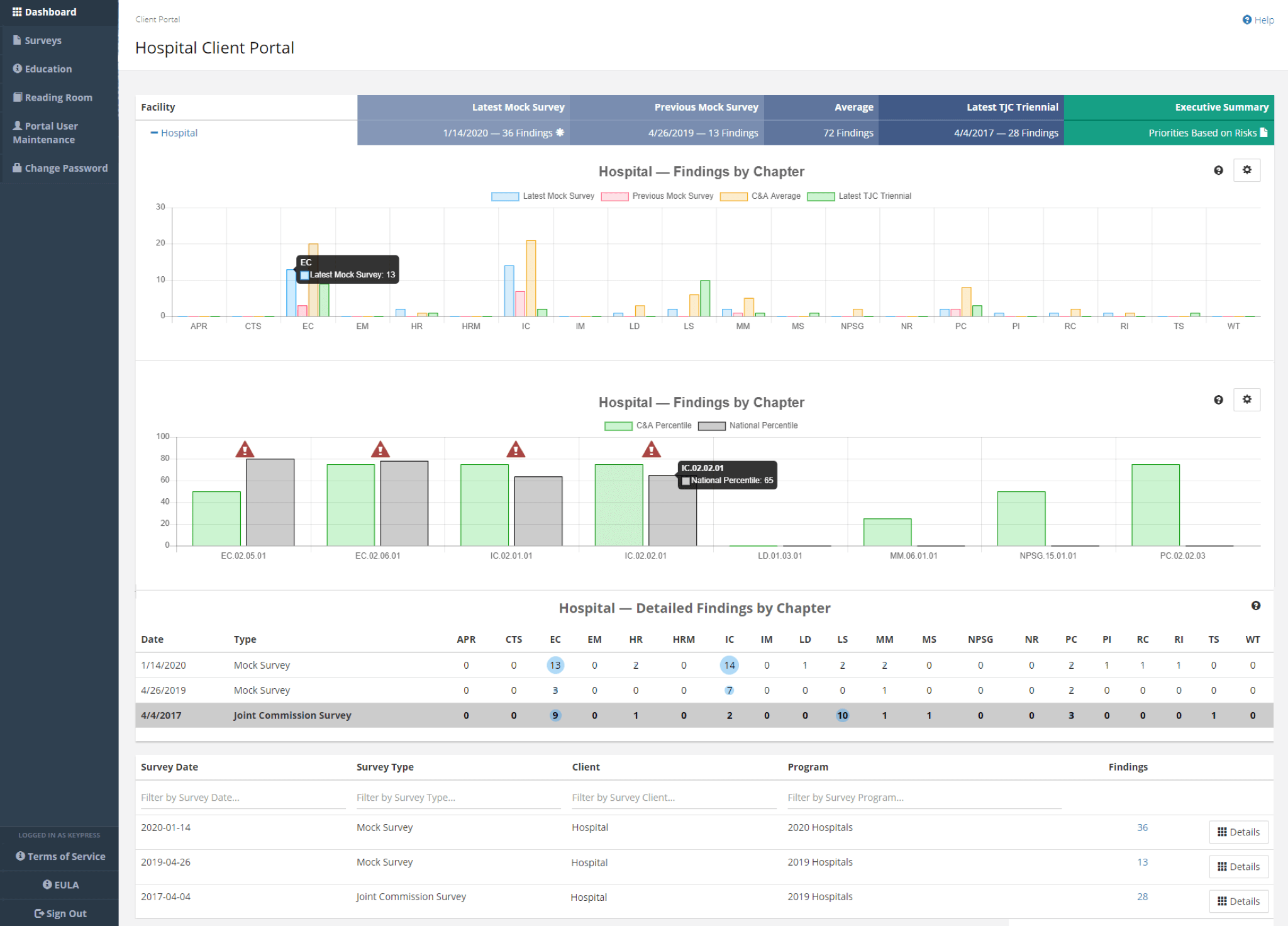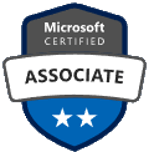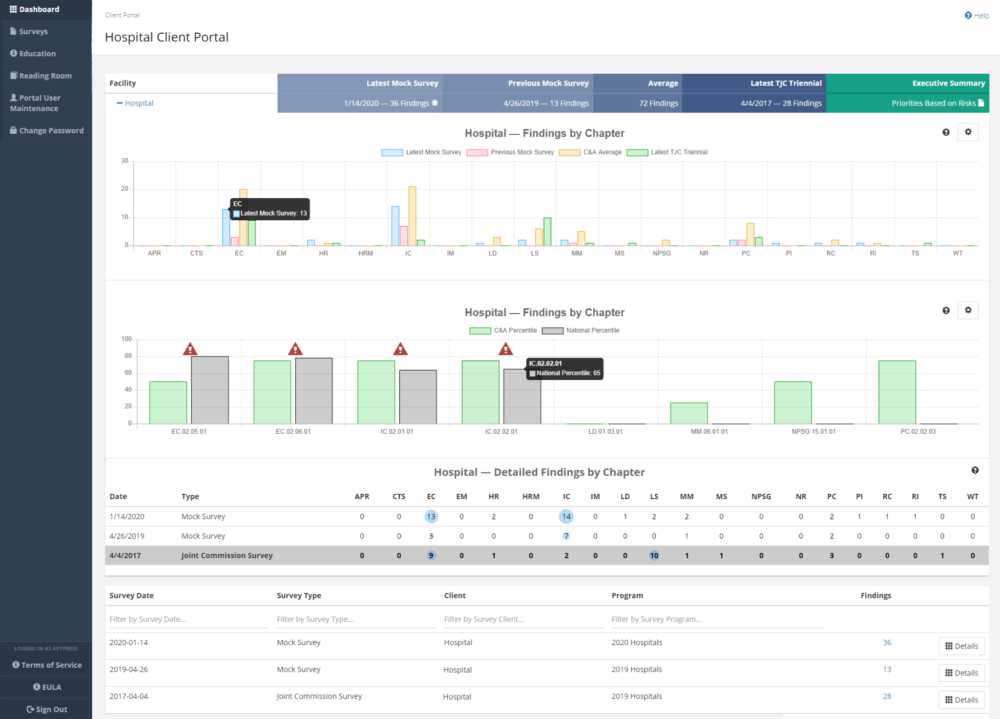
.NET Consultants
.NET Software Development
C#.Net | VB.Net | ASP.Net
Client Results:
-
Custom software with an average of 50+% manual labor reduction
-
Custom software integrations that result in error reduction
-
Custom software that provides workflow visibility
Microsoft Certifications
We have one or more staff that have the following Microsoft certificates:
-
Microsoft Certified: Azure developer Associate
-
Microsoft Certified: Azure Data Engineer Associate

How we can help
Greenfield (from scratch) Custom Application Development
We start from the ground up developing an entirely new .NET application to meet your requirements.
Legacy ASP.NET / Web Forms to .NET 8 Migration
Our experience with older versions of .NET and Classic ASP allow us to understand how to support and rewrite older applications into a modern .NET based tech stack.
API / Platform Build
Develop and expose an API to integrate into your application or develop a custom integration platform.
Workflow / ERP / CRM Integration
Develop a .NET based integration between existing mission critical systems to reduce effort and errors.
Cloud / Azure Modernization
Migrate an on-prem application to the cloud leveraging Microsoft Azure.
Ongoing Support
Provide support for your application, as well as make minor enhancements as needed.
Microsoft .NET Consulting Services:
-
Workflow review – Review of your current workflows and its obstacles to identify areas where software can improve your business operations by increasing accuracy, improving user experience, or improving efficiency. If feasible, this may involve staff shadowing to gain a thorough understanding of the workflow and challenges.
-
Software needs evaluation – Evaluate the need for custom software vs SaaS with custom add-on / integration vs off-the –shelf SaaS solution.
-
Solution architecture – Architect a viable custom software solution to address current issues and improve processes including platform and development stack.
-
Deployment Strategy – Reviewing deployment options to identify best approach to minimize operational disruption.
-
Solution scoping – Scope viable solutions, including timeline and budget.
-
Legacy software update assessments
Microsoft .NET Development Services:
-
Full Stack .NET Development
-
ASP.NET Development
-
C# .NET Development
-
VB.NET Support
.NET Modernization Paths
-
VB to C#.NET
-
VB.NET to C#.NET
-
VB6 to C#.NET
-
VB to .NET
-
VB6 to .NET
-
ASP.NET to .NET Core
-
Access to .NET
-
MVC to .NET Core
Pricing
Check out our pricing page.
.NET-related Capabilities
Security
- OWASP coverage: Ensuring an application addresses the most common recent threats
- Azure Key Vault: Securely storing credentials, tokens, etc.
- Authentication, SSO (Single Sign On), MFA: implementing secure authentication and authorization systems
Tech Stack/Architecture
- .NET 8 readiness: Scoping the application from the current version to a modern .NET version
- Entity Framework: implementing or upgrading an applications version of Entity Framework
- ASP.NET Core MVC (Model-View-Controller): Develop and support applications in the MVC architecture
- Microservices Architecture: Develop and support applications in the microservices architecture
- Minimal APIs: Develop Minimal API structured applications. Best for prototypes and smaller applications
- Azure Functions: Leveraging Azure Functions for specific application features and simplified development
- React.js / Razor
Performance
- Caching – Enabling caching for better system performance
- Background jobs (Azure Job Schedules/ Windows Scheduled Tasks, cron jobs): Developing and executing scheduled jobs for background tasks
- Azure App Service: Deployment and support of APIs and applications running on Azure App Service
- Azure Functions: Deployment and support of functions running on the Azure Functions platform
- Azure SQL: Development and support of SQL databases running on Azure.
- Azure Data Factory: Development and support of data warehouse ETL (Extract-Transform-Load) processes using Azure Data Factory.
Software Development Capabilities
- Advanced custom web app development
- Web app development for mobile devices
- Portal development – customer portals, mobile technician portals, department portals, production portals
- Dashboard development – management dashboards, internal communication dashboards
- Business Intelligence – e.g. KPIs, interactive widgets, employee progress tracking, critical goal tracking, live charts & graphs
- MVC architecture development
- Microservices architecture development
- API development
- Platforms: Azure, Amazon Web Services (AWS), Windows
- 3rd party software integration – accounting, ERP, communication (text chat, video, email), payment fulfillment, CRM, marketing software, e-signature
.NET Case Studies
Need .NET help?
.NET FAQ
My legacy application is written in a non-Microsoft stack. Can I move to .NET?
Absolutely, but it will require a full rewrite, as opposed to migrating from an older version of .NET to new, which can be a simpler process in some cases.
Can I upgrade my Classic ASP application to .NET?
Yes! This is a very common modernization scenario. Many businesses developed ASP applications in the past and look to move to a modern .NET framework now that Classic ASP has been sunset.
While this is a full rewrite, the fact that both applications are web applications opens up the possibility of an in-place migration (Strangler Fig), where modules are upgraded one at a time until the application is completely modernized with no downtime (check out this in-place modernization case study).
Why should I choose the .NET framework for my project?
.NET is a mature and well-supported platform developed and backed by Microsoft. It has a large developer community and provides solid performance, security and long-term maintainability.
The primary downsides to .NET are:
- Overhead and performance concerns: the .NET framework adds some memory and overhead to the applications, which can sometimes negatively impact performance.
- Cross platform limitations: While modern versions of .NET are designed to run on both Windows and Linux, some of the technologies still run better in Windows environments.
- Version incompatibilities: newer versions of .NET are not always backwards compatible, and therefore require refactoring of older code to move to a newer version.













 © 2026 Keypress Group PC
© 2026 Keypress Group PC